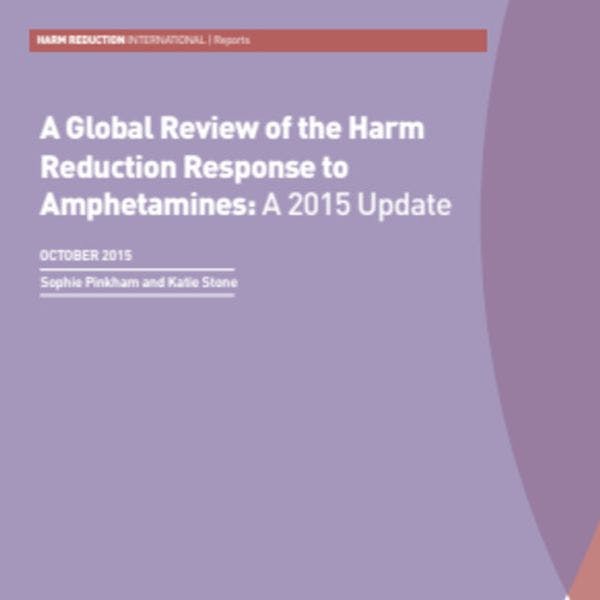A global review of the harm reduction response to amphetamines - 2015 update
Amphetamines, or ‘amphetamine-related drugs’, are stimulants prescribed for a variety of conditions (e.g. attention deficit hyperactivity disorder (ADHD) and the sleep disorder narcolepsy) with the temporary action of increasing the activity of the central nervous system, producing effects similar to adrenaline. Although some amphetamines such as Adderall and Dexedrine are prescribed, this paper will explore the harms associated with the illicit use of certain amphetamines. Despite heavy media coverage regarding amphetamines and increased research attention in some countries, the harm reduction response remains underdeveloped when compared to the response to opiates and injecting-related harms.
The overwhelming majority of academic literature focuses on the harms related to amphetamine use, rather than harm reduction. Recently, it has been demonstrated that some of the harms associated with amphetamine use have been greatly exaggerated.
Harm reduction programmes do exist and new guidance has been compiled, but there is an urgent need for harm reduction-focused research, evaluation of current programmes, further documentation of experiences, and expansion of effective interventions. This paper by Harm Reduction International discusses the emerging responses to amphetamine-related harms and consider the next steps for the international harm reduction community.
Keep up-to-date with drug policy developments by subscribing to the IDPC Monthly Alert.
